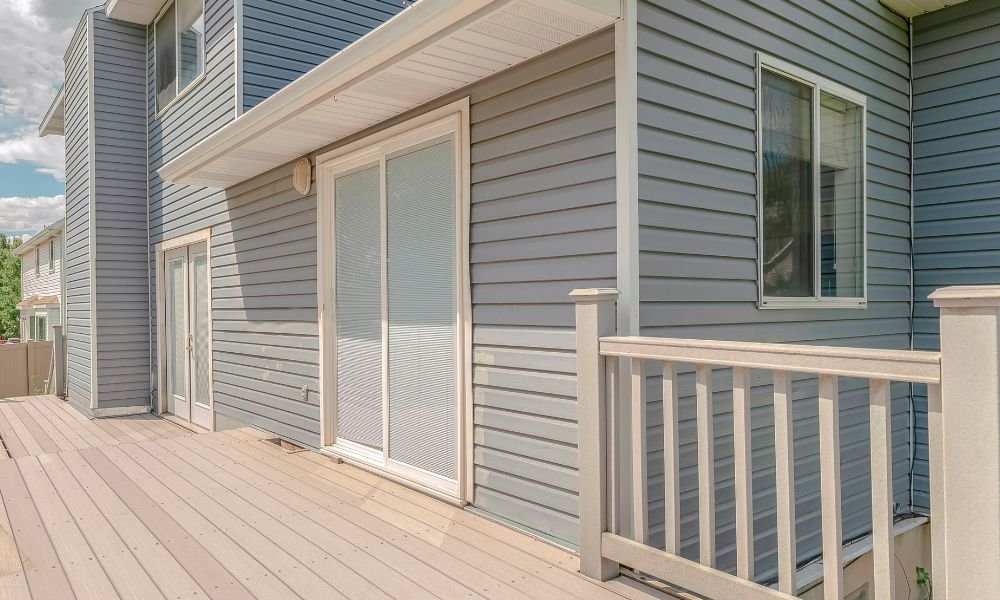What You Must Disclose Before Selling Your Home

Selling your home is a big step, and transparency is vital to ensure a smooth transaction. While it may be tempting to keep some issues under wraps, the law is clear about what you must disclose to potential buyers. Failing to disclose certain details can lead to legal repercussions and damage your credibility. Here’s what you must disclose before selling your home.
Major Physical Defects
You must disclose any known issues that affect a home’s core structure or major systems. That includes foundation cracks, plumbing leaks, malfunctioning HVAC units, and electrical problems. Even if you completed repairs, make the history of those issues clear.
Roof condition is particularly important as active leaks, past damage, or signs of deterioration can affect insurability; document and disclose this upfront. Providing this information early builds trust and reduces the risk of future disputes.
Code and Permit Issues
If you’ve made major improvements or repairs, like remodeling a bathroom or finishing a basement, you must disclose whether you obtained permits and the work passed inspection. Unpermitted work can cause financing issues or require costly corrections after the sale.
Roofing is one area where disclosure is especially critical. Buyers need to understand the importance of building code compliance for roof repairs, since improper fixes may not meet safety standards and can void home insurance. If you’re unsure whether past work was properly permitted, consult local building records before listing.
Environmental and Health Hazards
Certain substances pose health risks and must be disclosed regardless of the home’s appearance. When a property tests positive for radon, contains asbestos insulation, or has a history of black mold, these are not optional details; they’re essential for buyer safety.
Lead-based paint is another mandatory disclosure for homes built before 1978. Buyers need to know whether a home may affect their well-being or require specialized remediation.
Legal and State-Specific Issues
Some disclosures don’t come from the house itself but from the legal or environmental context around it. If the property has an outstanding lien, has an active boundary dispute, or is part of an active HOA lawsuit, you must share that information. You also need to report location-based risks like flood zones, wildfire history, or known noise disturbances from nearby businesses.
Keep in mind that disclosure laws vary by state. Some states, for instance, require you to disclose if a death occurred on the property or if the home is near a former meth lab site. Review your state’s requirements to ensure your disclosures are complete.
Being thorough and honest will allow the entire sale to go more smoothly. Buyers are more likely to act with confidence when they know you’ve been upfront about the home’s condition.
If you want to protect your sale and your peace of mind, understand exactly what you must disclose before selling your home.



![There’s No Foreclosure Wave in Sight [INFOGRAPHIC]](https://dannysellsmiamihomes.com/wp-content/uploads/2024/02/Why-Its-More-Affordable-To-Buy-A-Home-This-Year-MEM-rXef5T-344x1024.png)